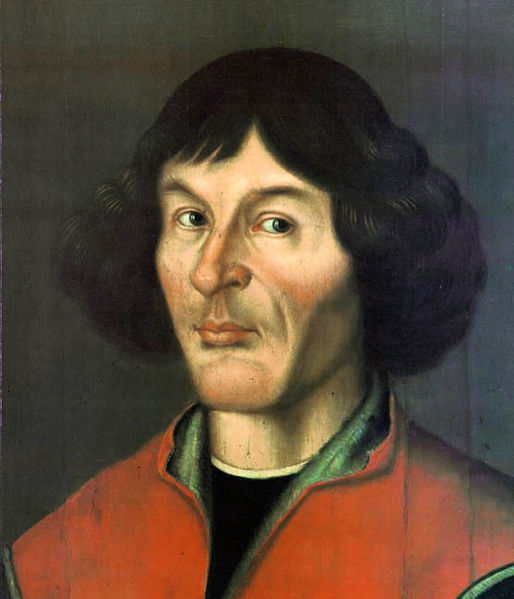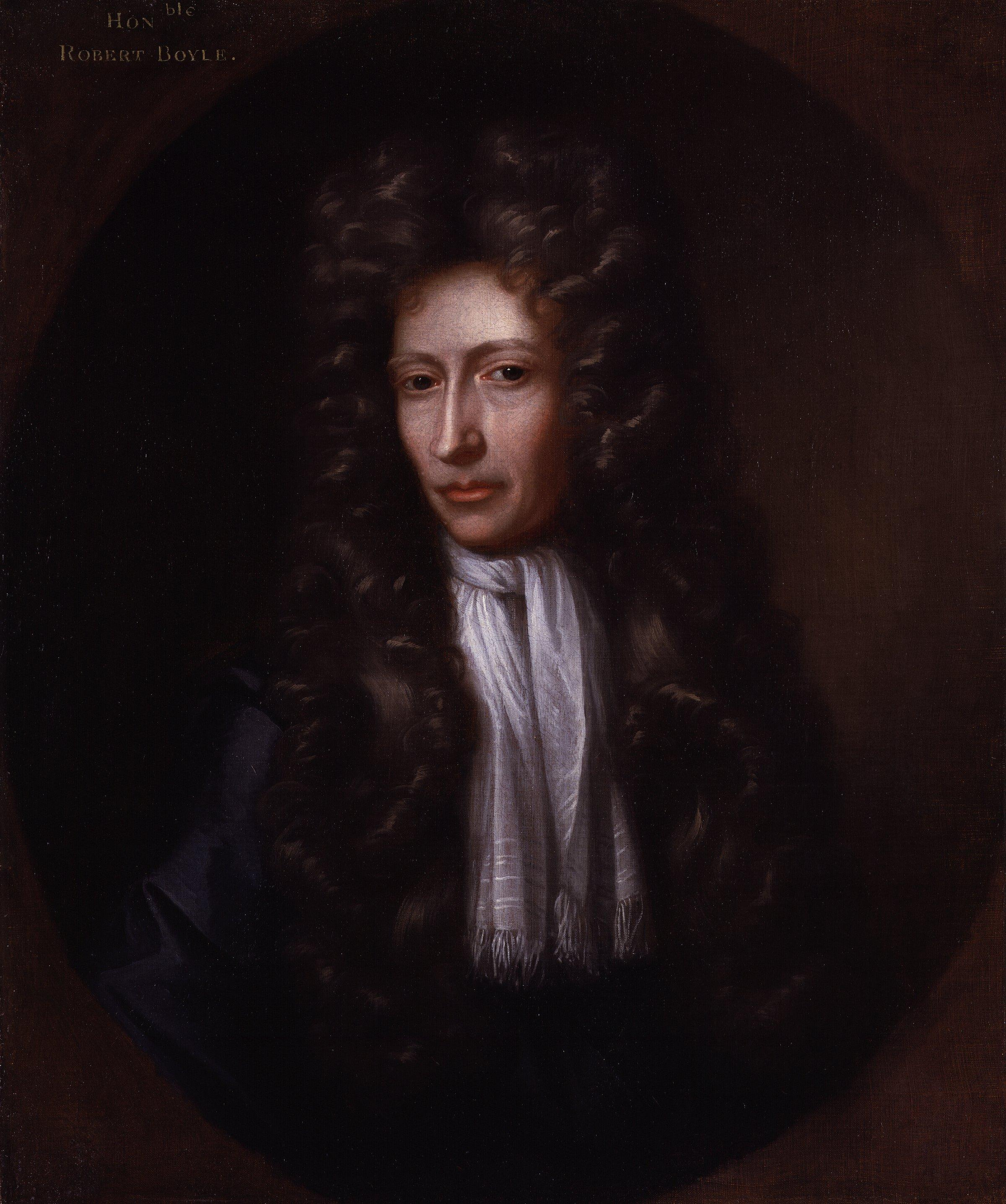The Scientific Revolution
Home
Nicolaus Copernicus

1473-1543 - Developed a comprehensive model of the heliocentric of the solar system. While other less complete models had been proposed at least 1400 years earlier, his was the first to be accepted. This development is often credited for starting the scientific revolution, as it was the first contradiction to the Catholic church's ideals to gain scientific validity.
Galileo Galilei
1564-1642 - Began disproving philosophical claims about physics that stemmed from Aristotle and other Greek natural philosophers. The most notable being his act of dropping two objects of significantly different weights off of the Leaning Tower of Pisa, and recording that they both repeatedly hit the ground at the same time. From this, he accurately stated that gravity has a universal acceleration on all objects. His greatest contribution to the study of physics was his insistence that every occurrence had a measurable force behind it.
Robert Hooke and Robert Boyle

1666 - Together they investigated the properties of gasses, but could only do so with the use of the air pump invented by Otto von Guericke, which allowed a vacuum to be created. They studied the compressibility, weight and elasticity of air. Boyle observed that only part of the air was used in the combustion process, which led to the idea that air was composed of more than one gas, and thus, the discovery of oxygen. Boyle is also, of course, credited with stating Boyle's law - that pressure and volume of a gas vary inversely.

